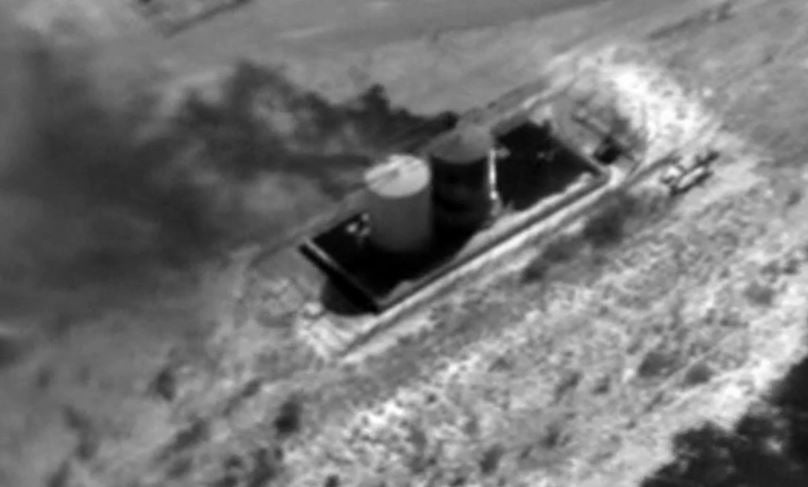Fatal Flaws In EPA’s Latest Voluntary Methane Program Highlight Need For Concrete Rules
 The Natural Gas STAR Methane Challenge Program unveiled last week by the U.S. Environmental Protection Agency is a perfect example of what can go wrong when the agency tries too hard to entice an unwilling industry to engage.
The Natural Gas STAR Methane Challenge Program unveiled last week by the U.S. Environmental Protection Agency is a perfect example of what can go wrong when the agency tries too hard to entice an unwilling industry to engage.
For years, EPA has offered voluntary “pollution prevention” programs to encourage companies to achieve environmental goals faster or cheaper than they might under regulations alone. Done right, voluntary programs stimulate innovation and reward true leaders. But weak efforts accomplish nothing, handing out laurels for token efforts that amount to business as usual – or less.
Gaping Holes
The problem with the EPA Methane Challenge program is that it falls short on thoroughness, rigor, and urgency. For starters, it lacks a critical yardstick to measure progress, requiring no quantitative goals whatsoever. Among other problems and deficiencies:
- The new program doesn’t require or even mention the need to set emissions targets for participating companies, making it entirely possible that a company’s overall methane emissions could increase yet still win official kudos from the agency.
- Companies are free to pick and choose what practices they implement, all but guaranteeing that EPA will end up rewarding cherry-picking by companies.
- Companies aren’t required to implement practices to find or fix methane leaks as a condition of program participation, despite the fact that leaks, equipment malfunctions, and equipment failures are a widespread problem that accounts for a major share of industry emissions.
- Despite pressing need, the program gives companies five years to fully implement commitments, even though cost effective strategies and technologies for reducing emissions are widely documented, readily available, and in some cases, already successfully deployed in the field by leading companies.
A Reason for Skepticism
So far, industry’s track record with voluntary programs is not impressive. Over the past 20 years, the EPA’s current voluntary program for the oil and gas program — Natural Gas STAR — has achieved a meager one percent participation rate in the oil and gas industry.
When EDF recently surveyed 65 of the biggest companies in the oil and gas industry, we found that exactly none have publicly disclosed methane emission reduction targets, and less than a third report any methane emissions information at all. For those that did, the data was scattershot.
The oil and gas industry is eager to point out that methane emissions have come down over time even as production has gone up, but they are less quick acknowledge areas (such as in the gathering and processing sector) where the data shows emissions have been increasing. Nor will they tell you that emissions associated with leaks, equipment malfunctions, and equipment failures are grossly underreported in official government emissions inventories.
A Missed Opportunity
According to a recent survey, less than a third of Americans trust oil and gas companies to operate responsibly and just 15 percent trust those companies to accurately report their emissions. That is why this new program offered by EPA is so disappointing.
Voluntary programs designed to work in coordination with regulation can be – and have been – used to reward early action and steps beyond compliance. Unfortunately, this program does neither. Here, all signs point to an effort intended to set a low bar in hopes of boosting previously meager participation by industry.
Unfortunately, by setting the bar low, the new program won’t do much for the environment or improve the public’s confidence in the industry or government to address a significant pollution problem.
The goal of the Challenge is worthy, and we sincerely hope it will make a contribution in that direction. But with the weak track record of industry participation in voluntary programs, and the shortcomings of this one, the need for regulatory standards is more clear than ever.













2 Comments
Super-Duper blog! I am loving it!! Will be back later to read some more. I am taking your feeds also.
We’re glad that you’re finding Energy Exchange useful and welcome your feedback!